Filter by
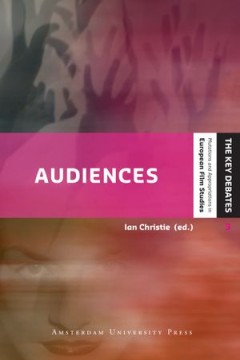
Audiences
This timely volume engages with one of the most important shifts in recent film studies: the turn away from text-based analysis towards the viewer. Historically, this marks a return to early interest in the effect of film on the audience by psychoanalysts and psychologists, which was overtaken by concern with the 'effects' of film, linked to calls for censorship and moral panics rather than to …
- Edition
- -
- ISBN/ISSN
- 9789089643629
- Collation
- -
- Series Title
- -
- Call Number
- 791.43 CHR a

Theater as Data: Computational Journeys into Theater Research
In Theater as Data, Miguel Escobar Varela explores the use of computational methods and digital data in theater research. He considers the implications of these new approaches, and explains the roles that statistics and visualizations play. Reflecting on recent debates in the humanities, the author suggests that there are two ways of using data, both of which have a place in theater research. D…
- Edition
- -
- ISBN/ISSN
- 9780472128631
- Collation
- -
- Series Title
- -
- Call Number
- 792 VAR v
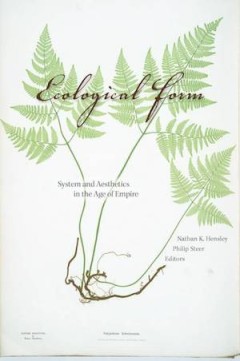
Ecological Form
Hensley and Steer look to join the conceptual tools of contemporary ecocriticism with the rich archive of nineteenth century thinking about imperial and ecological intertwinement. This collection of essays draws on that archive to demonstrate the relevance of Victorian thought for current theory and practice. Ecological Form argues that ecology, the empire, and literary thinking were inseparabl…
- Edition
- -
- ISBN/ISSN
- 9780823282128
- Collation
- -
- Series Title
- -
- Call Number
- -
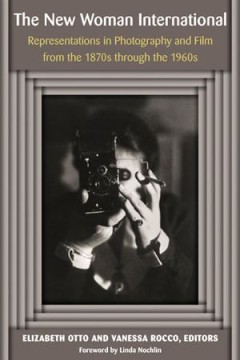
The New Woman International: Representations in Photography and Film from the…
Images of flappers, garçonnes, Modern Girls, neue Frauen, and trampky—all embodiments of the dashing New Woman—symbolized an expanded public role for women from the suffragist era through the dawn of 1960s feminism. Chronicling nearly a century of global challenges to gender norms, The New Woman International: Representations in Photography and Film from the 1870s through the 1960s is the …
- Edition
- -
- ISBN/ISSN
- 9780472900367
- Collation
- -
- Series Title
- -
- Call Number
- 791.43 NEW n
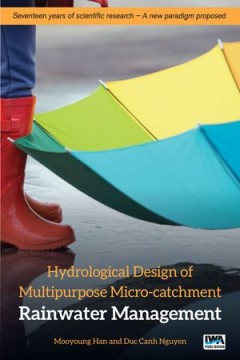
Writing Pirates: Vernacular Fiction and Oceans in Late Ming China
In Writing Pirates, Yuanfei Wang connects Chinese literary production to emerging discourses of pirates and the sea. In the late Ming dynasty, so-called “Japanese pirates” raided southeast coastal China. Hideyoshi invaded Korea. Europeans sailed for overseas territories, and Chinese maritime merchants and emigrants founded diaspora communities in Southeast Asia. Travel writings, histories, …
- Edition
- -
- ISBN/ISSN
- 9780472902484
- Collation
- -
- Series Title
- -
- Call Number
- -

Writing Emotions: Theoretical Concepts and Selected Case Studies in Literature
After a long period of neglect, emotions have become an important topic within literary studies. This collection of essays stresses the complex link between aesthetic and non-aesthetic emotional components. Against this background, emotional patterns are discussed by focusing on the practice of writing as well as on the impact of emotional patterns on receptive processes. Readers will be confro…
- Edition
- -
- ISBN/ISSN
- 9783837637939
- Collation
- -
- Series Title
- -
- Call Number
- -
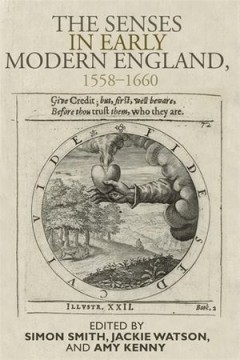
Writing Beloveds: Humanist Petrarchism and the Politics of Gender
Covering a period from the late-fourteenth to mid-sixteenth century, Aileen A. Feng’s engagingly written work identifies and analyzes a Latin humanist precursor to the poetic movement known as Renaissance Petrarchism. Though Petrachism is usually read solely as a vernacular poetic tradition, in Writing Beloveds, Feng recovers the initial political purposes in Latin prose and traces how poetry…
- Edition
- -
- ISBN/ISSN
- 9781487500771
- Collation
- -
- Series Title
- -
- Call Number
- -

Wounds and Words: Childhood and Family Trauma in Romantic and Postmodern Fiction
Trauma has become a hotly contested topic in literary studies. But interest in trauma is not new; its roots extend to the Romantic period, when novelists and the first psychiatrists influenced each others' investigations of the 'wounded mind'. This book looks back to these early attempts to understand trauma, reading a selection of Romantic novels in dialogue with Romantic and contemporary psyc…
- Edition
- -
- ISBN/ISSN
- 9783837623789
- Collation
- -
- Series Title
- -
- Call Number
- -
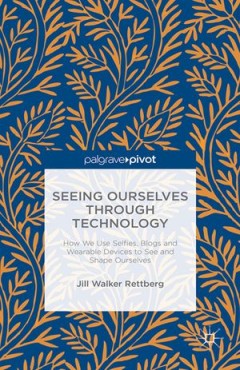
The Worlds of Langston Hughes: Modernism and Translation in the Americas
Shortlisted for the Phi Beta Kappa Society’s Christian Gauss Award. The poet Langston Hughes was a tireless world traveler and a prolific writer, translator, and editor. Translations of his own writings traveled even more widely than he did, earning him adulation throughout Europe, Asia, and especially the Americas. This study contends that, for writers who are part of the African diaspora, t…
- Edition
- -
- ISBN/ISSN
- 9780801478260
- Collation
- -
- Series Title
- -
- Call Number
- -

Worlding the south: Nineteenth-century literary culture and the southern sett…
This collection brings together for the first time literary studies of British colonies in nineteenth-century Australia, New Zealand, South Africa, South America, Southeast Asia, and the South Pacific Islands. Drawing on hemispheric studies, Indigenous studies, and southern theory to decentre British and other European metropoles, the collection offers a groundbreaking challenge to national par…
- Edition
- -
- ISBN/ISSN
- 9781526152893
- Collation
- -
- Series Title
- -
- Call Number
- -
 Computer Science, Information & General Works
Computer Science, Information & General Works  Philosophy & Psychology
Philosophy & Psychology  Religion
Religion  Social Sciences
Social Sciences  Language
Language  Pure Science
Pure Science  Applied Sciences
Applied Sciences  Art & Recreation
Art & Recreation  Literature
Literature  History & Geography
History & Geography